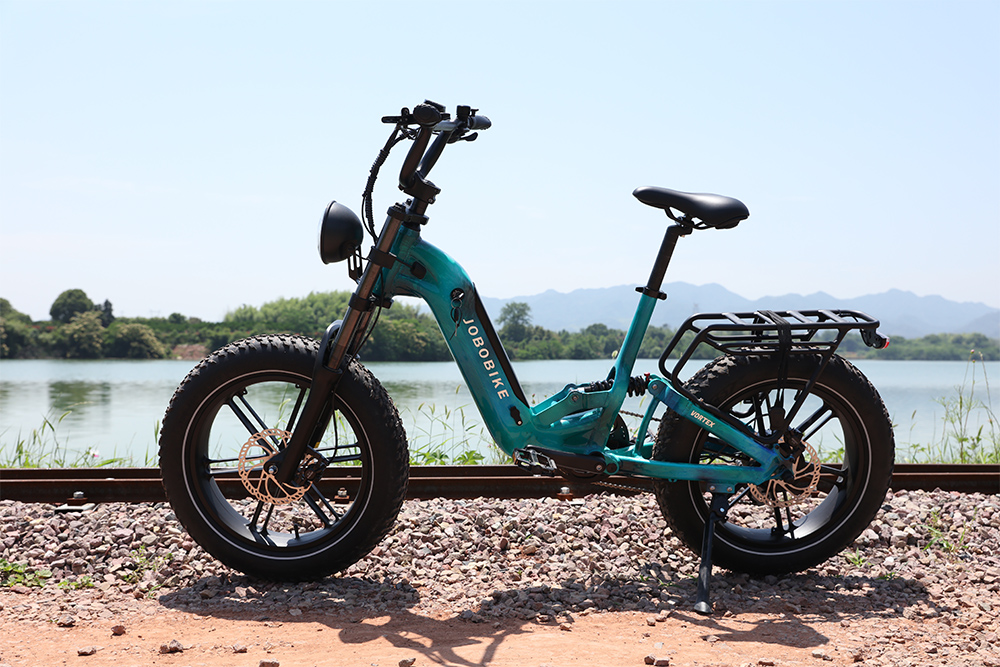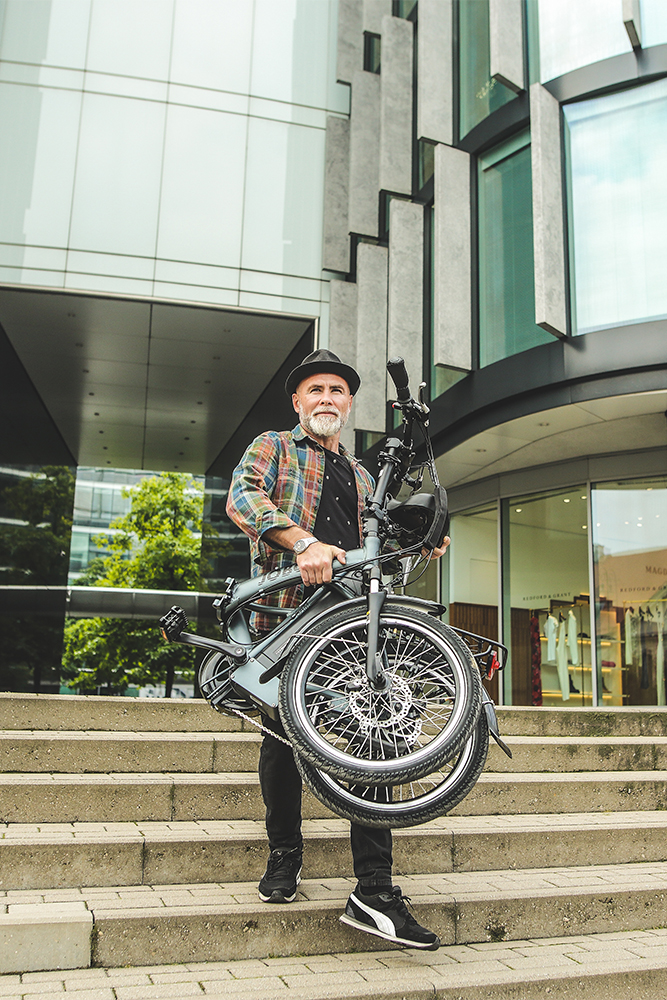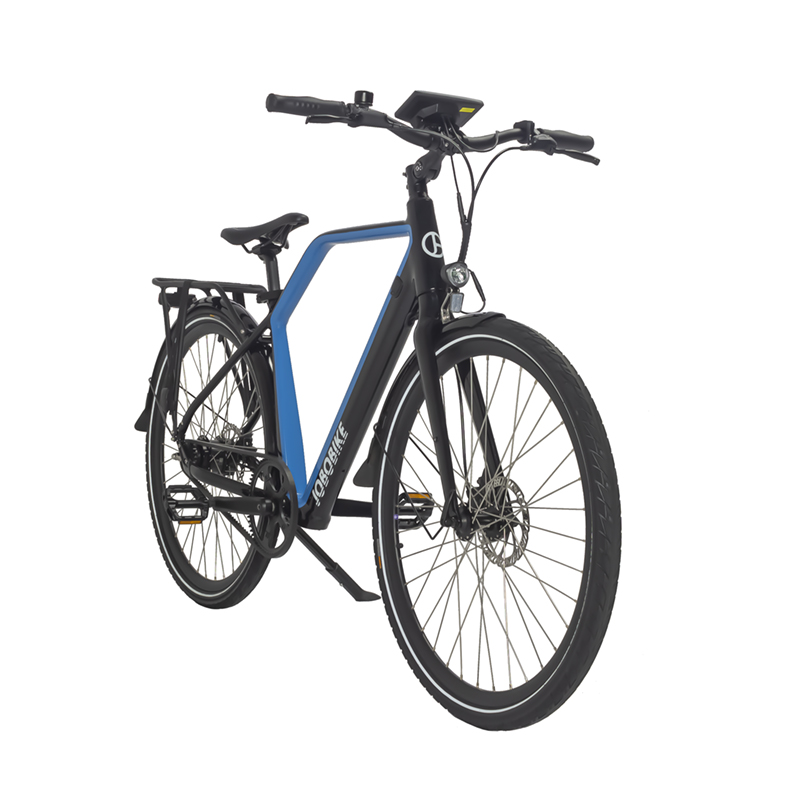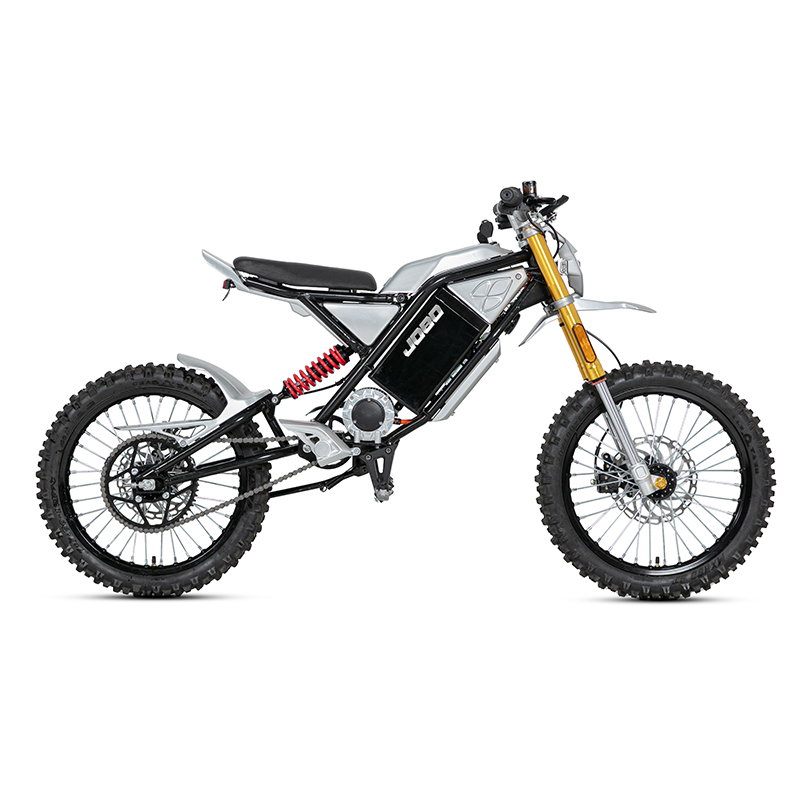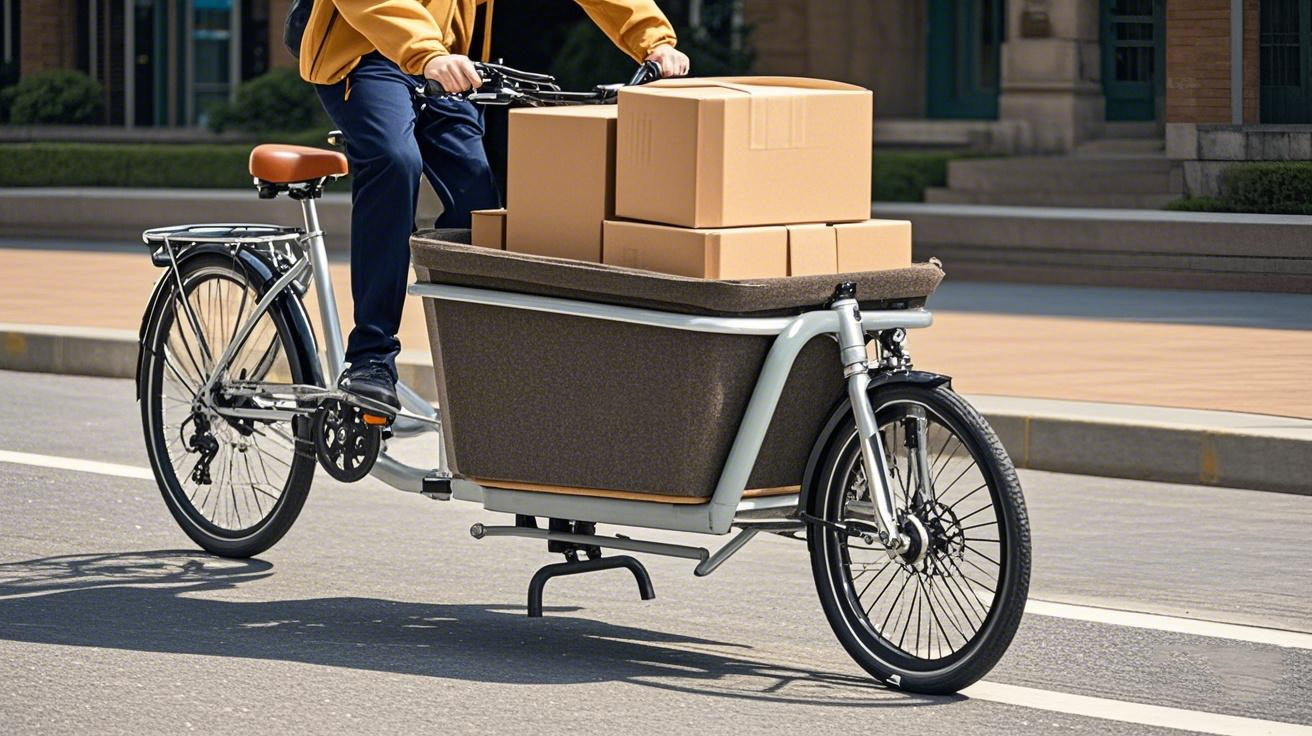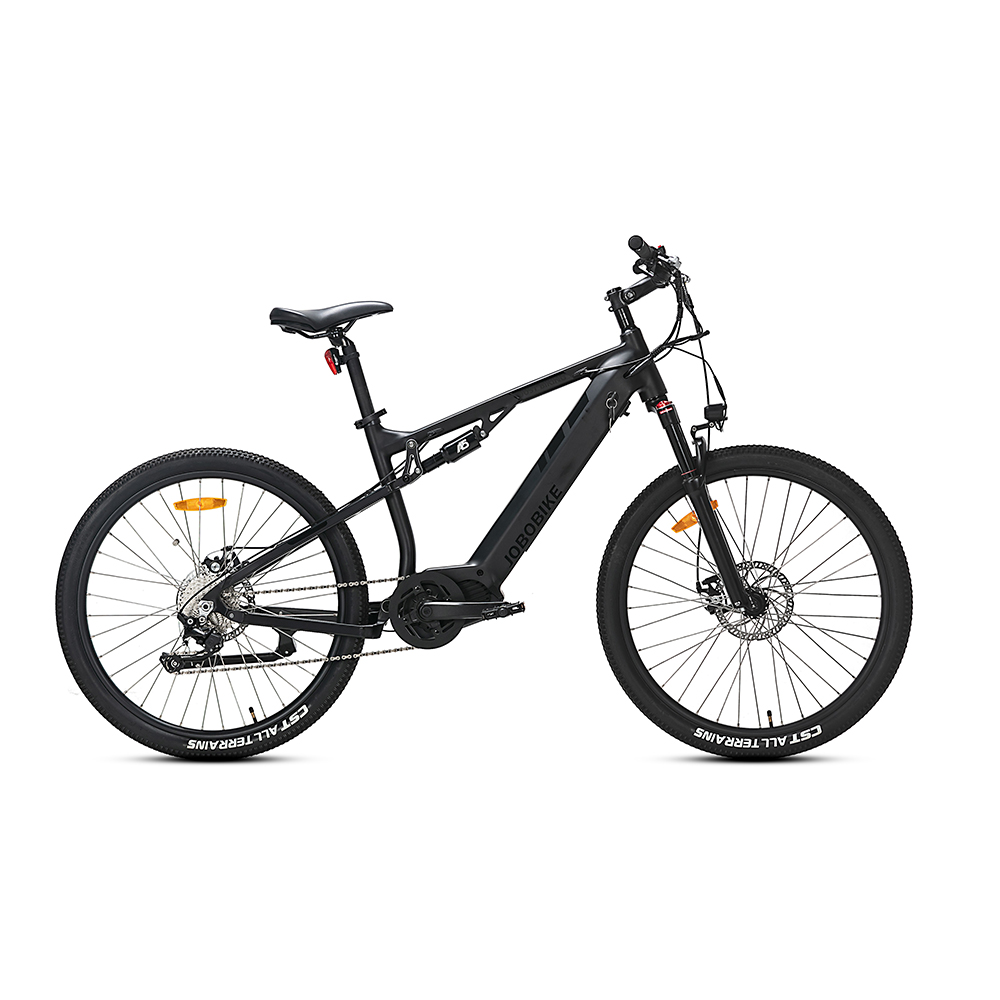
How City Ebike Manufacturers Are Adapting to Smart Mobility Infrastructure
Urban mobility is going smart—and fast.
From app-based bike-sharing systems to traffic-integrated charging stations and geofencing lanes, cities around the world are upgrading the way people move. But this revolution isn’t only about infrastructure—it’s about the hardware that rides on it.
City e-bike manufacturers now face a new standard: produce bikes that integrate, communicate, and adapt. At Jobo, we’ve embraced this shift as an opportunity to build smarter, more cooperative urban e-bike platforms for our OEM clients.
What Smart Mobility Infrastructure Really Demands
Cities today are investing in:
-
Dockless sharing platforms with GPS enforcement
-
Sensor-equipped bike lanes that track traffic flow
-
Fleet integration with municipal APIs
-
Geofencing and speed control in pedestrian-heavy zones
-
Bike traffic signals and intelligent crosswalks
This means an urban e-bike isn’t just a bike—it’s part of a network. Manufacturers need to design for digital compatibility, real-time responsiveness, and regulatory alignment.
How Jobo Builds E-Bikes That Work With Smart Cities
1. IoT Integration & Sensor Ports
Every Jobo city e-bike platform now supports:
-
GPS modules with optional 4G/LTE SIM slot
-
CAN bus support for multi-sensor connections
-
BLE integration for smartphone control apps
-
Remote diagnostics via embedded controllers
This allows fleet clients to launch fully connected bikes ready for API plug-ins, remote locking, and usage tracking from day one.
2. Geofencing + Speed Limit Support
With more cities enforcing speed zones, especially around schools or pedestrian areas, we’ve enabled:
-
Assist speed configuration by location profile
-
Firmware-updatable controllers for dynamic speed control
-
Alert-based response to entry/exit of geofenced zones
These features help Jobo ebike fleet partners comply with local restrictions without hardware swaps.
3. City-Compliant Design Elements
Smart cities also mean safer, more standardized bikes:
-
Integrated LED lighting with daylight sensors
-
ISO-standard reflectors + license mount points
-
Cable routing designed for lock and ID visibility
-
Frame-tagging support for NFC or RFID badges
These aren’t just features—they’re enablers of frictionless approval from city contracts and tenders.
4. Back-End Compatibility for Fleet Ops
Beyond the hardware, our OEM system supports backend needs:
-
Open API data streaming from controller to client dashboard
-
Battery telemetry sharing for swap station logic
-
Maintenance alert integration
-
Over-the-air (OTA) firmware update channels
Jobo’s OEM city e-bikes become infrastructure participants, not isolated units.
FAQ: What Brands Ask About Smart Integration
Q1: Can Jobo e-bikes connect with third-party fleet systems?
Yes. Our controller and firmware teams work with clients to match data formats, security protocols, and locking/diagnostics APIs.
Q2: Do your GPS modules support SIM-free operation?
We offer both SIM-based (4G/LTE) and BLE-only GPS configurations depending on whether the fleet uses cloud or local device logic.
Q3: How fast can a smart-ready fleet be launched?
Typical OEM production cycles with IoT modules, geofencing firmware, and basic API support range from 10–14 weeks, including validation.
Smart Bikes for Smarter Cities
The next wave of city bikes isn’t about pedals or paint—it’s about how bikes interact with the environment, the platform, and the rider.
With Jobo’s OEM city e-bike systems, your brand gets:
-
Built-in IoT architecture
-
Firmware built for integration
-
City-compliant specs
-
Scalable production with OTA support
Explore smart-ready Jobo city e-bike platforms
Talk to our OEM tech team to spec out your smart fleet infrastructure.

